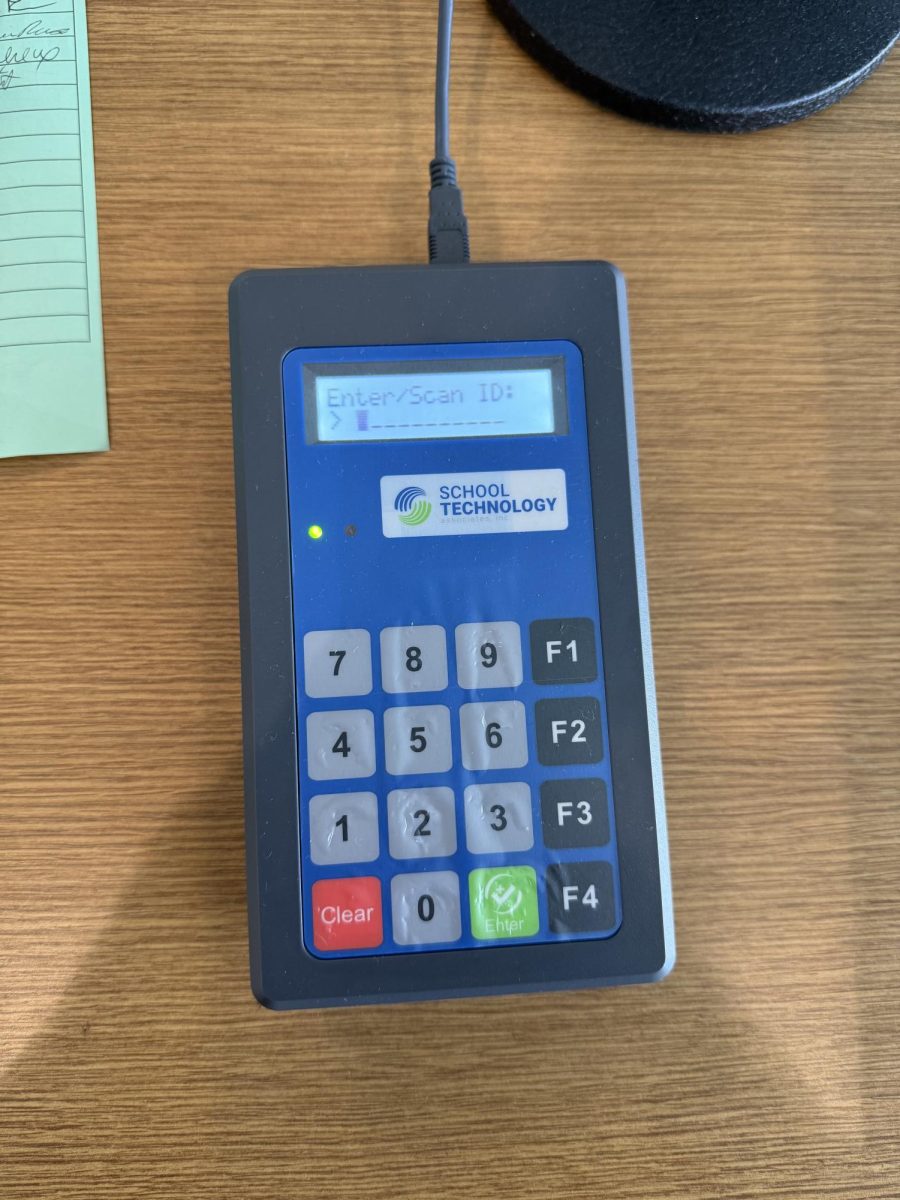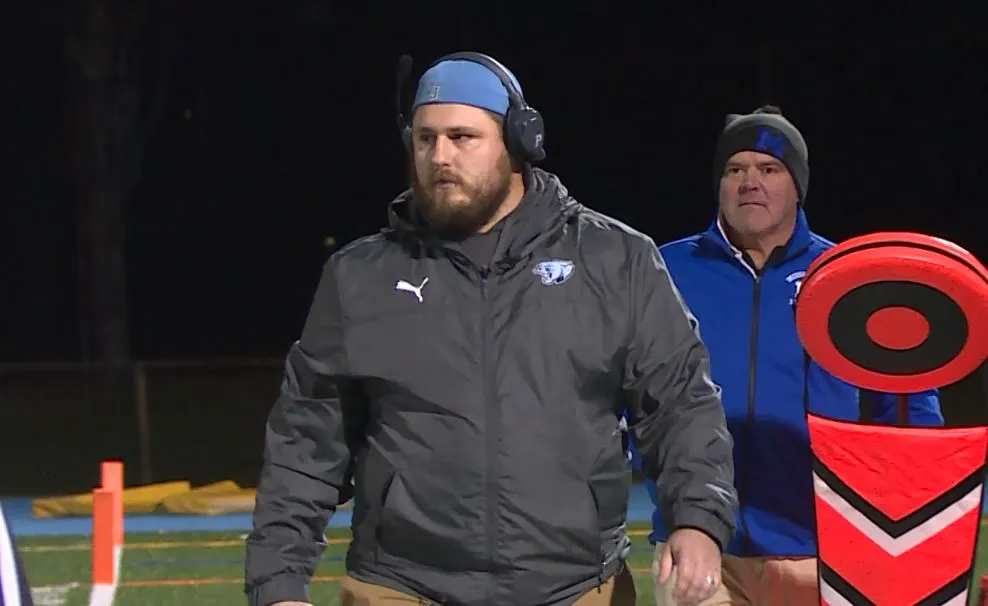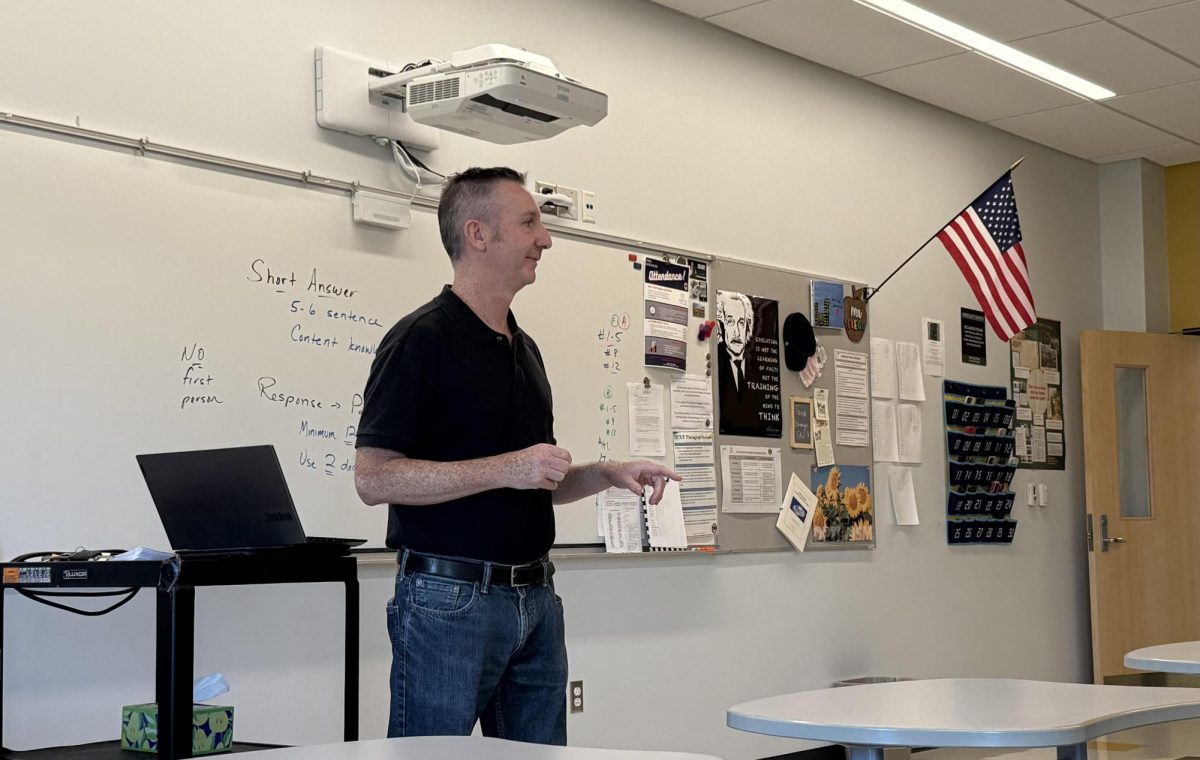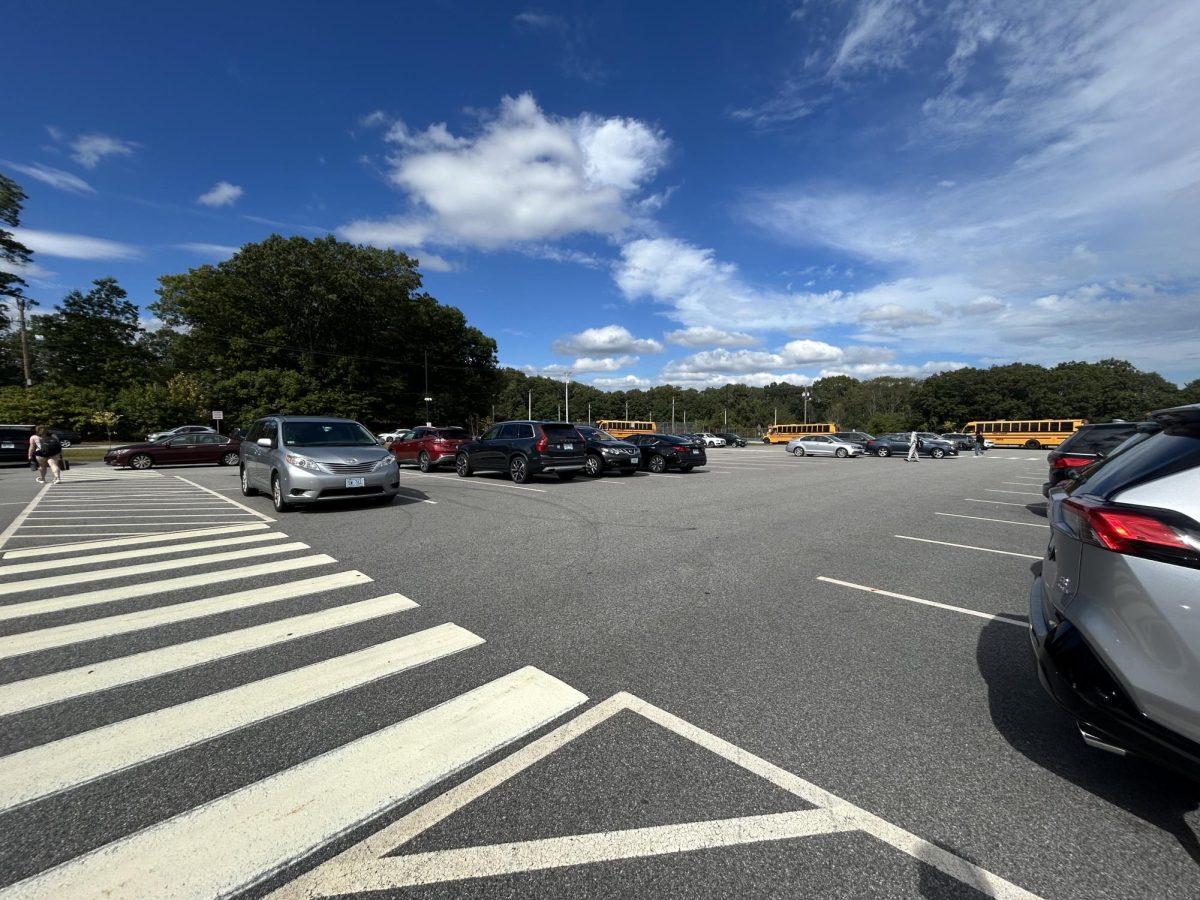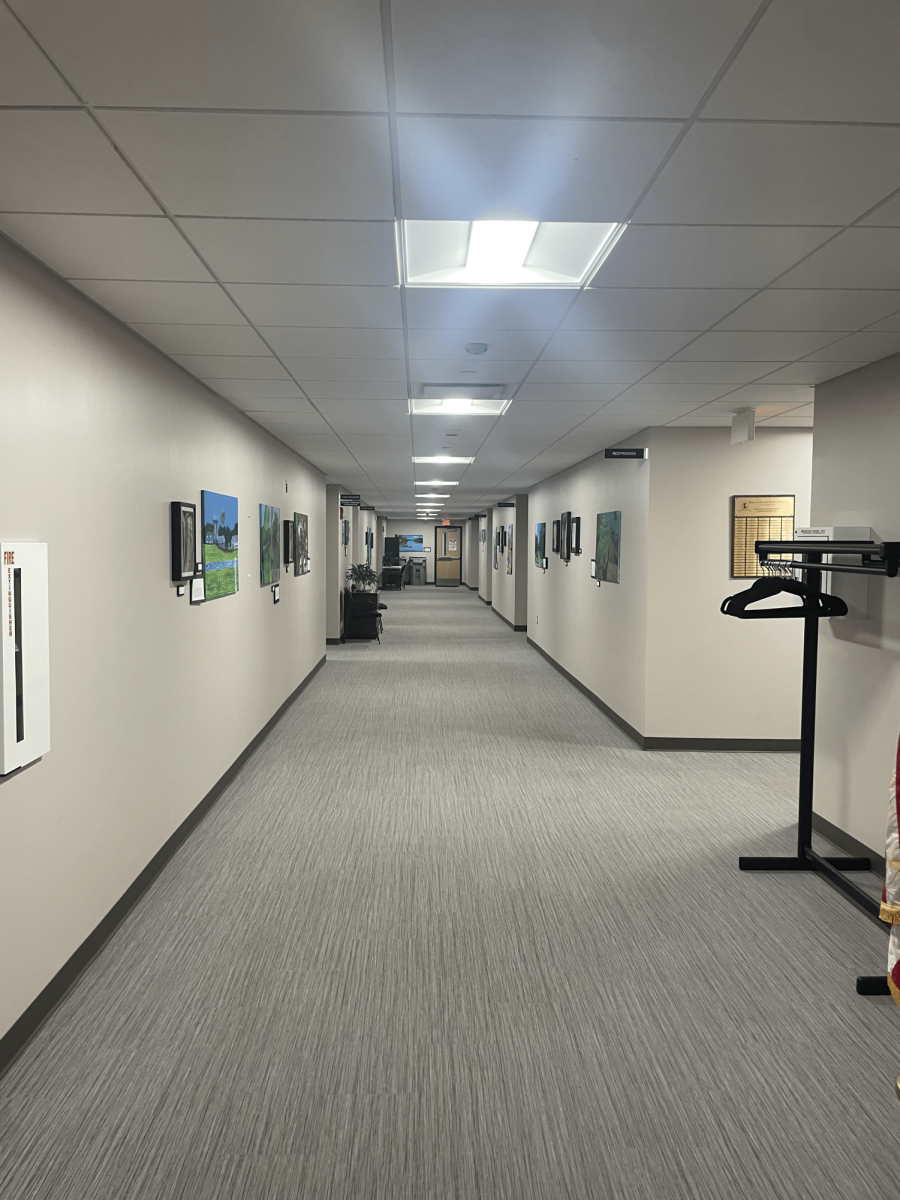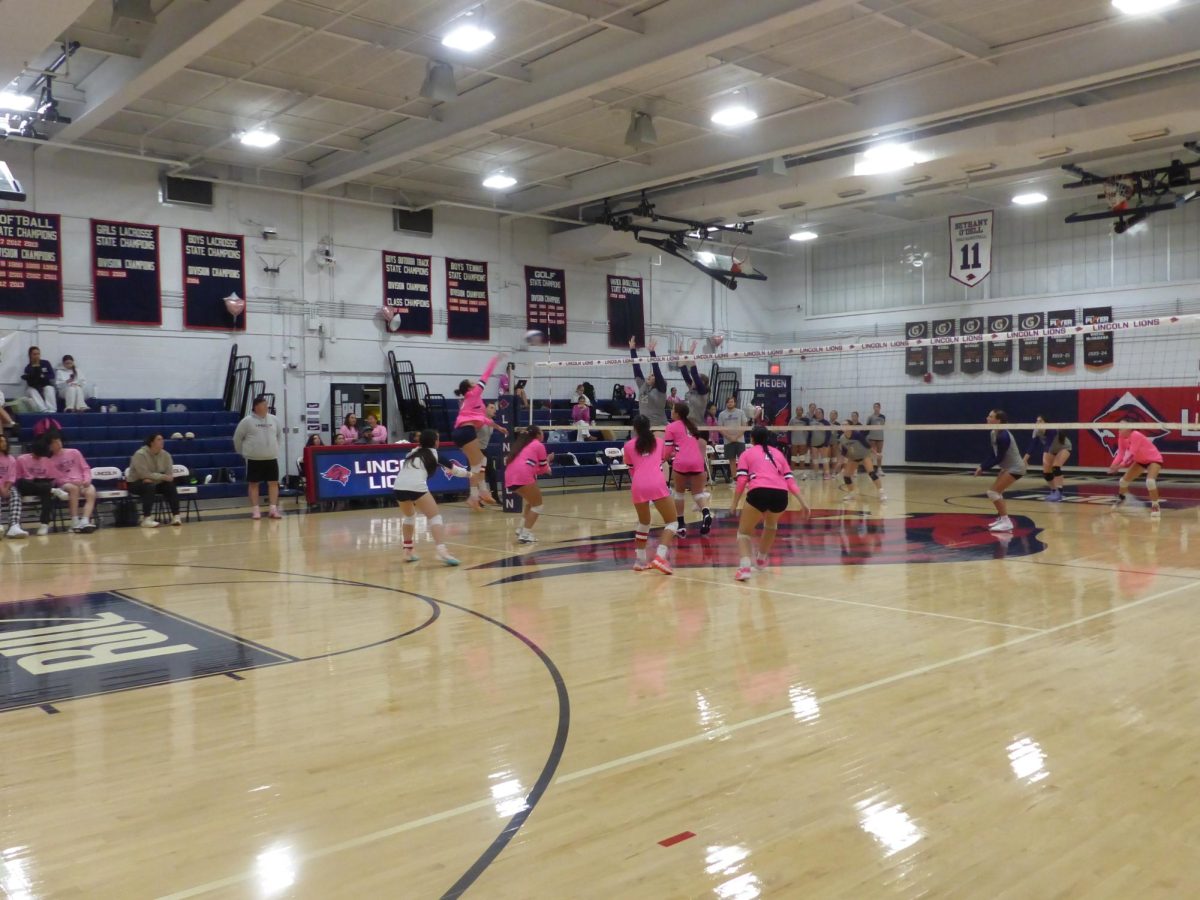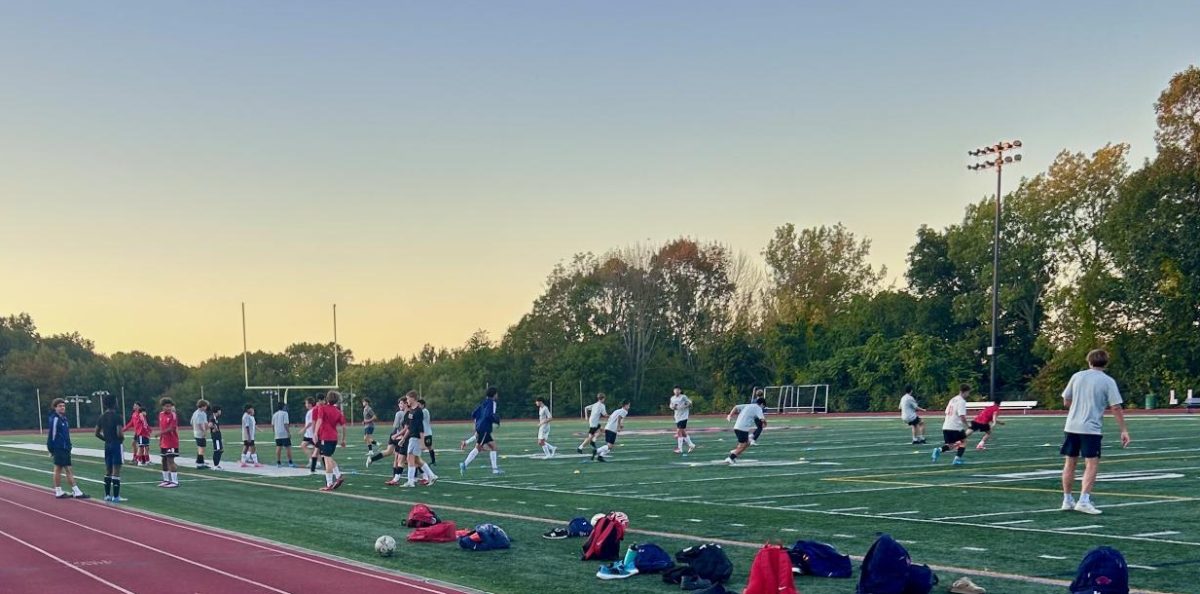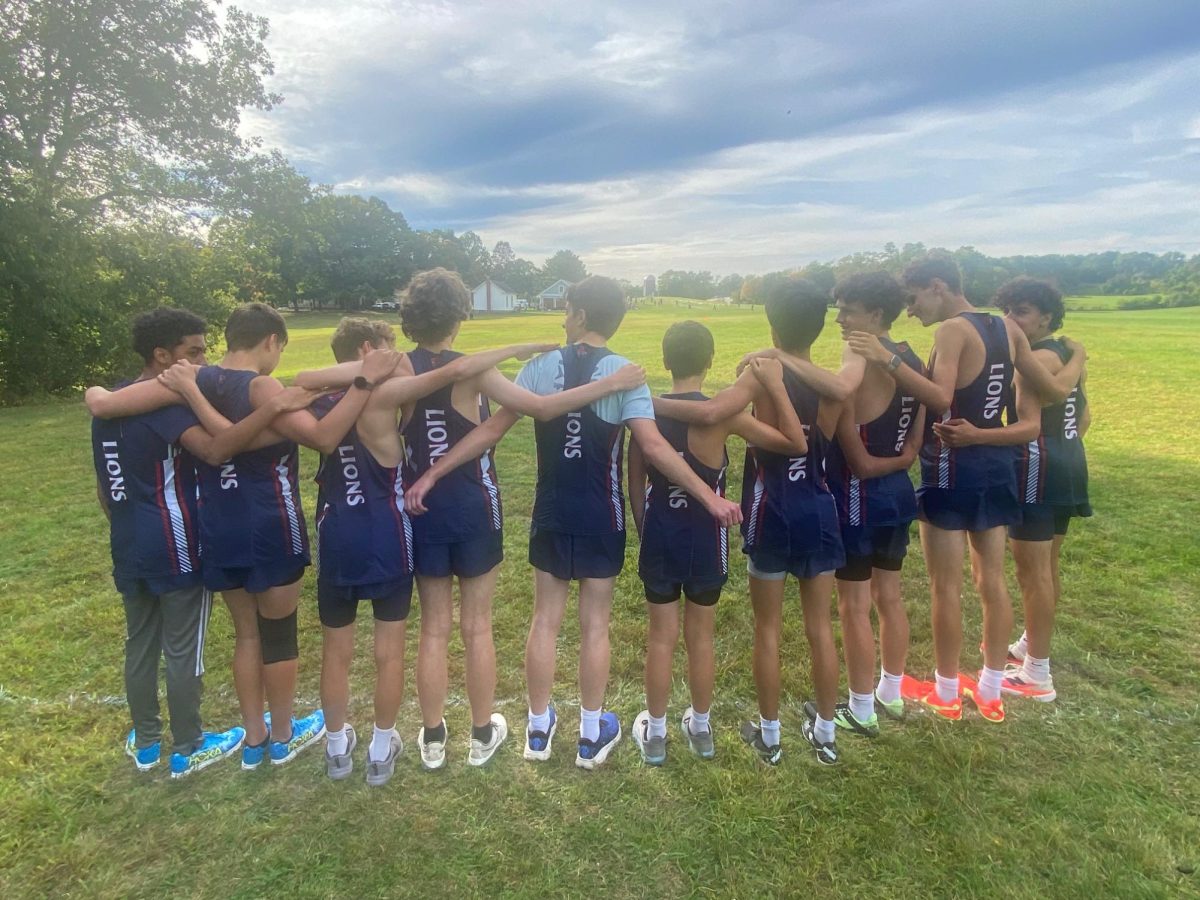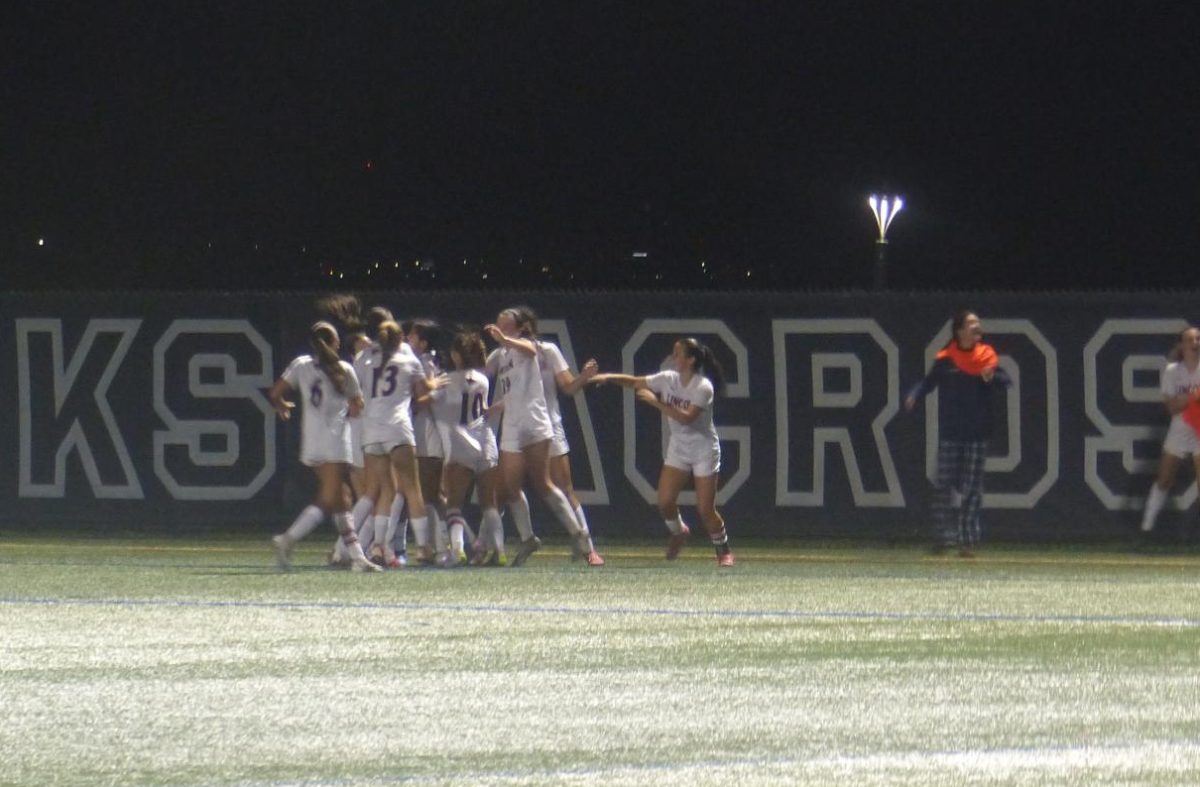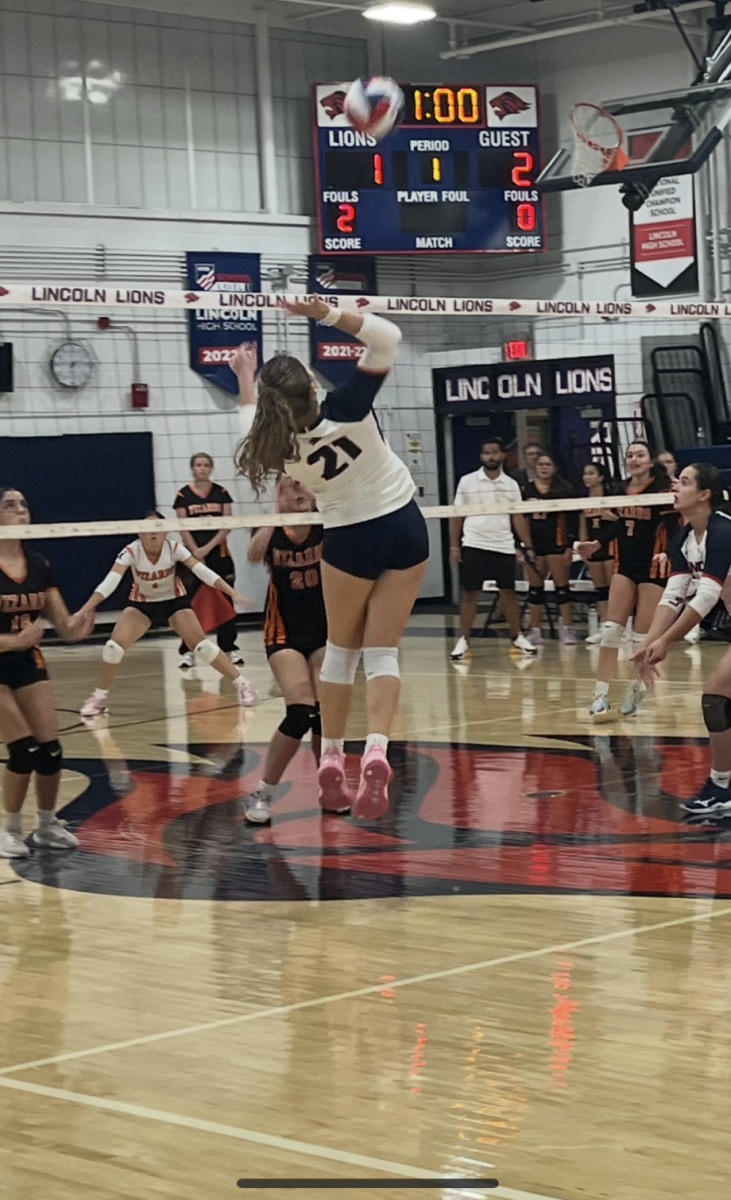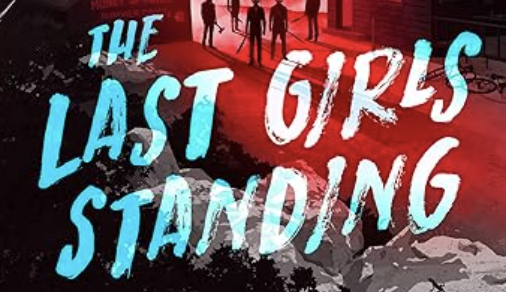The Feeling Of Déjà Vu When Mass Shootings Happen
Rhode Island’s General Assembly is likely to ban assault style rifle sales in the state. Will it help?
February 3, 2023
Guns and School
Arguably one of the most infamous of tragedies in the history of the United States, the Columbine Massacre of 1999, occurred over 22 years ago, and yet we regularly see similar incidents happen to this day, to the point where they aren’t treated as shocking, but rather as a fact of life. Americans have become desensitized to this phenomenon to the point where seeing another headline about a shooting in a school is not out of the ordinary.
It’s no secret that over the last few decades, we have seen a significant rise in the rate of school shootings in the United States. But why is this? Why do these tragic events keep occurring over and over again, all across our country, with seemingly little to no meaningful change being implemented to keep them from happening again?
The obvious answers here would be guns. Many politicians and civilians alike have repeatedly called for the ban of assault-style weaponry within state borders as well as within the country at large, but these bans have been largely unsuccessful. Recently, lawmakers in Rhode Island have begun drafting a bill which would ban the sale of assault-style weapons within the Ocean State. Bills like this have a rough history in this country though. Mostly due to organizations such as the NRA (National Rifle Association), are actively working against these efforts to disrupt the sale of these weapons, and regularly engage in a practice known as “lobbying” (politician-speak for bribery). According to a report from CNBC, the NRA reportedly spent $1.6 million on lobbying in the first half of 2019 alone (three separate mass shootings would take place later that year in Texas, California, and Ohio, which left more than 30 people dead).
There is another component to this, however, and that is the lack of mental health awareness within our nation. According to statistics from Mental Health America, over half (54.7%) of adults with a mental illness do not receive treatment, totaling over 28 million individuals. In addition, nearly a third (28.2%) of all adults with a mental illness reported that they were not able to receive the treatment they needed. 42% of adults with insurance reported they were unable to receive necessary care because they could not afford it.
Both of these things coalesce to create one of the most devastating phenomena this country has ever seen. We are now living in a situation where instead of politicians enacting meaningful change that effectively curbs this phenomenon, we instead teach children how to hide. Instead of cutting the issue off at its root, we are traumatizing children, desensitizing them to the idea that one day they very well might go to school and never come home.
For the sake of the children, for the sake of everyone, something needs to change.


